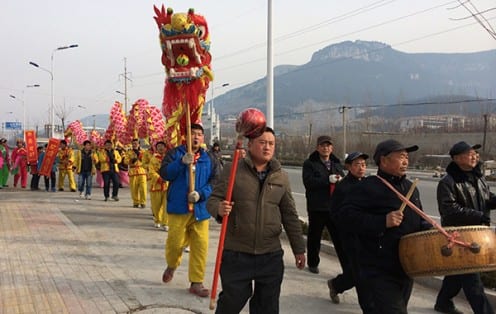Learning to write English
By Daniel Miller, on 30 June 2015

Image courtesy of Sharon and Nikki McCutcheon (Creative Commons)
Our research team is made up of nine anthropologists, of whom less than half are native English speakers (two from England and one from the US), so one might not be blamed for imagining that the problem suggested by the title of this post relates to the other six researchers. Actually this is not the case. In fact this is an issue which relates to each and every member of the research team.
The problem is this – we are currently filming our MOOC (Massive Open Online Course) and creating the website for Why We Post which is the title we will use for publishing our research results. These are intended for audiences, very few of whom we anticipate will be anthropologists. Therefore we want to ensure that all our findings are accessible to people who are, by any definition, not academic. This means that the language must be entirely colloquial and in the form of everyday speech. When you are trained as an academic, it is very hard to refrain from using words in a manner that takes meaning from one’s own academic experience. It is not just that we need to avoid words that were invented as jargon, such as positionality and precarity, but also terms that are used in everyday speech but take on new forms of meaning in an academic context, such as subaltern or even critical.
I actually don’t think I am able to write anymore (though I find I can speak) with this kind of English that everyone outside of academia uses pretty much all the time. Something about the act of writing automatically shifts my use of words back into academic usage. So we have decided to employ Laura Pountney, who recently wrote the text book on anthropology for schools and specialises in explaining anthropology for English school children and and further education as well as writing textbooks on sociology level, to go through all our written texts and check them for accessibility.
I don’t believe this constitutes `dumbing down.’ After all, novelists often express complex and profound discussion and dilemmas using ordinary English to great effect, so we ought to be able to do the same thing. It is possible we have swung the pendulum too far. I noticed that we had a script which translated homogeneity and heterogeneity as sameness and difference, these are colloquial words and could get tedious for educated readers.
On the other hand, all of the text used on these sites will be translated into six languages. This is despite the fact that many of the audiences we hope to reach also use English as a second language, such as regions of India and Africa. From the beginning of the project, our commitment has been to have our findings fully accessible to the people in the regions where we conducted fieldwork. I have felt for some years that the debate on Open Access is partial if the focus is only on cost rather than genuine accessibility to people who, so far, we have excluded through the use of intimidating and obfuscating language. So perhaps we should aim to err on the side of greater accessibility. Having said this, the issue really is very much about trying to strike a balance.
Fortunately, I think the actual material we are presenting is fascinating and whatever is lost by simplifying language will be gained by the richness of what is being described. Since I am also starting to receive requests from schools to speak, for example about the work I did on social media and school banter, this is also a skill I think I need to develop and is perhaps something that all anthropologists should be encouraged to develop, especially the ones who assume, like myself, that we already know English.
 Close
Close








